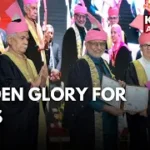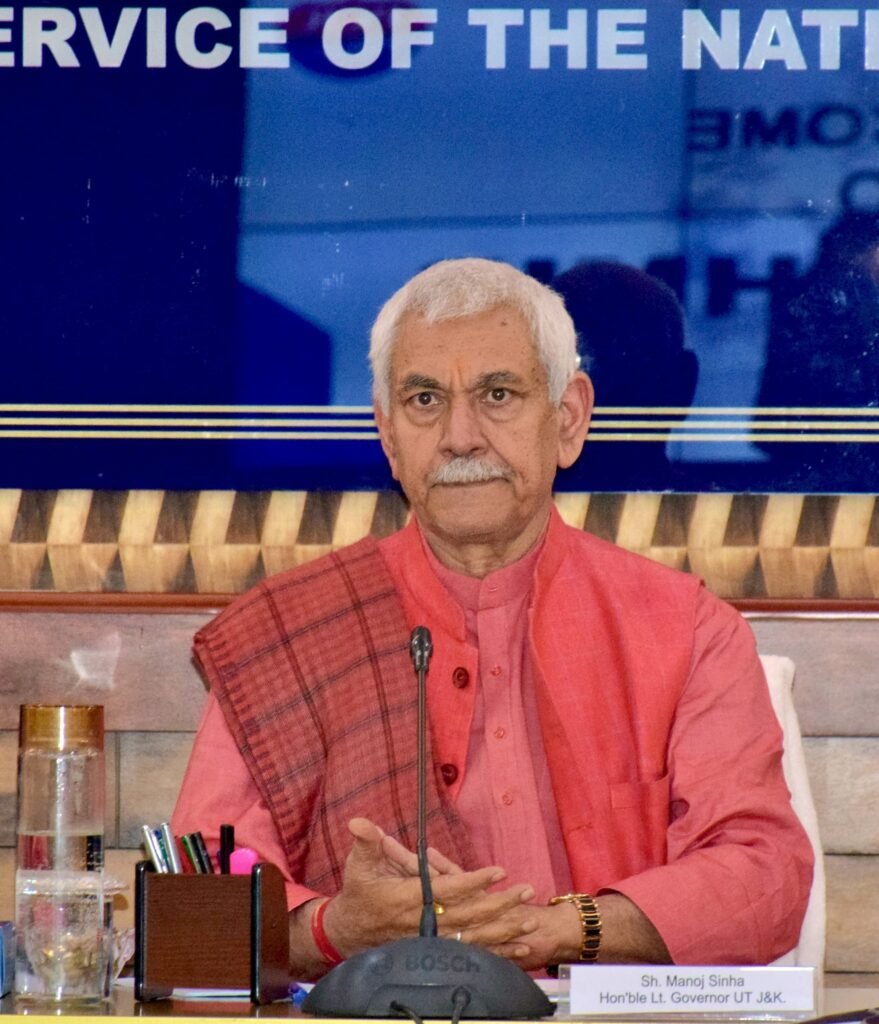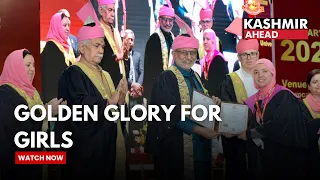The administration of Jammu and Kashmir has made a significant decision to permit the Muharram procession from the traditional route in Srinagar. This decision is particularly noteworthy as it aligns with the previous year’s approval by the LG of Jammu and Kashmir, Shri Manoj Sinha, who has given the green light for the procession and actively participated in it. Muharram is a month of deep historical and spiritual significance for Muslims around the world. It is a time of mourning, reflection, and remembrance of the sacrifice of Imam Hussain, the grandson of the Prophet Muhammad, and his companions. Their martyrdom at the Battle of Karbala is commemorated with great reverence and solemnity, highlighting the themes of justice, sacrifice, and steadfastness in the face of oppression. The decision by the J&K administration to allow the Muharram procession to proceed along its traditional route is a positive step towards upholding cultural and religious traditions. This move is expected to foster communal harmony and respect among the diverse communities in the region. It is also indicative of the administration’s commitment to ensuring that the rights and practices of all religious groups are respected and facilitated. Historically, the Muharram procession in Srinagar has been an important event, drawing large numbers of participants who engage in various forms of mourning, including recitations of elegies, reenactments of the Battle of Karbala, and communal prayers. The route itself holds historical significance, and its reinstatement is likely to be seen as a restoration of cultural heritage. The involvement of LG Shri Manoj Sinha in the previous year’s procession highlights the administration’s active role in promoting inclusivity and understanding. By participating in the procession, LG Sinha set a precedent for leadership engagement in cultural and religious events, bridging gaps and fostering unity. The decision to allow the Muharram procession is also a reflection of the broader policy of the Jammu and Kashmir administration to promote peace and stability in the region. It sends a strong message of solidarity and respect for the diverse cultural and religious fabric of the area. The decision by the J&K administration to permit the Muharram procession from its traditional route in Srinagar is a commendable step towards preserving cultural heritage, promoting communal harmony, and respecting religious practices. It is a reflection of the administration’s commitment to fostering an inclusive society where the rights and traditions of all communities are upheld and celebrated. This move not only honors the memory of Imam Hussain and his companions but also reinforces the values of unity, respect, and understanding within the region.










